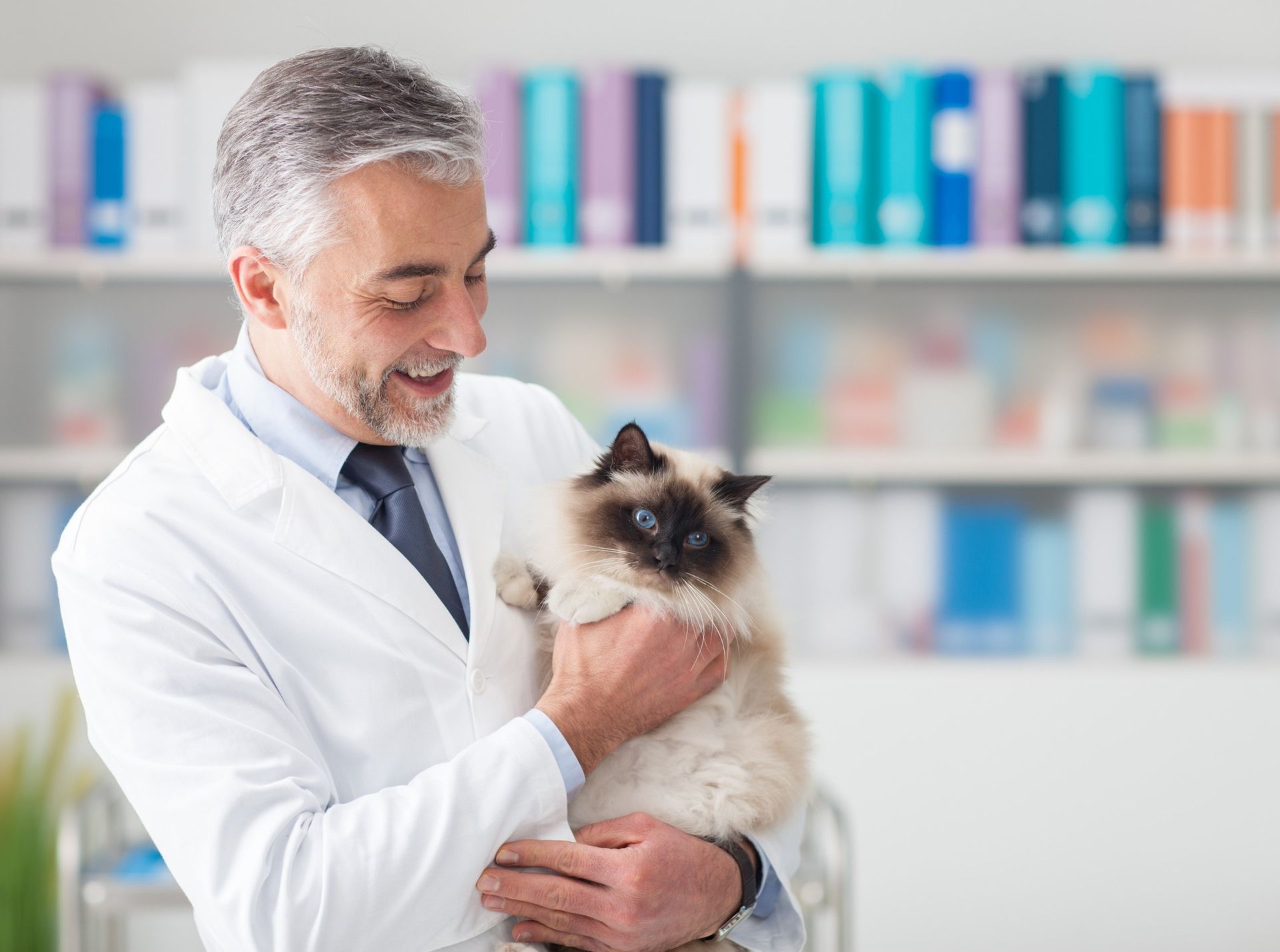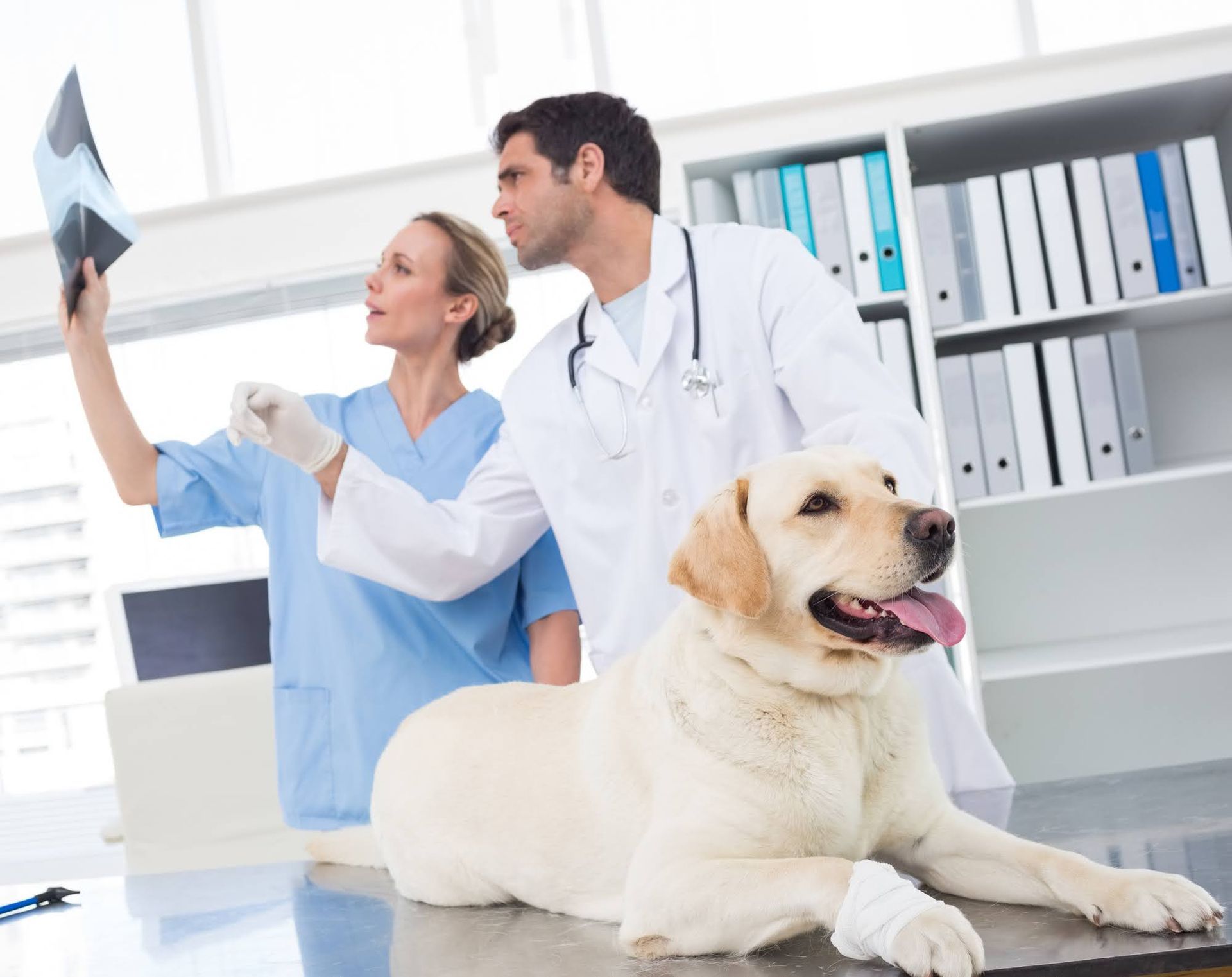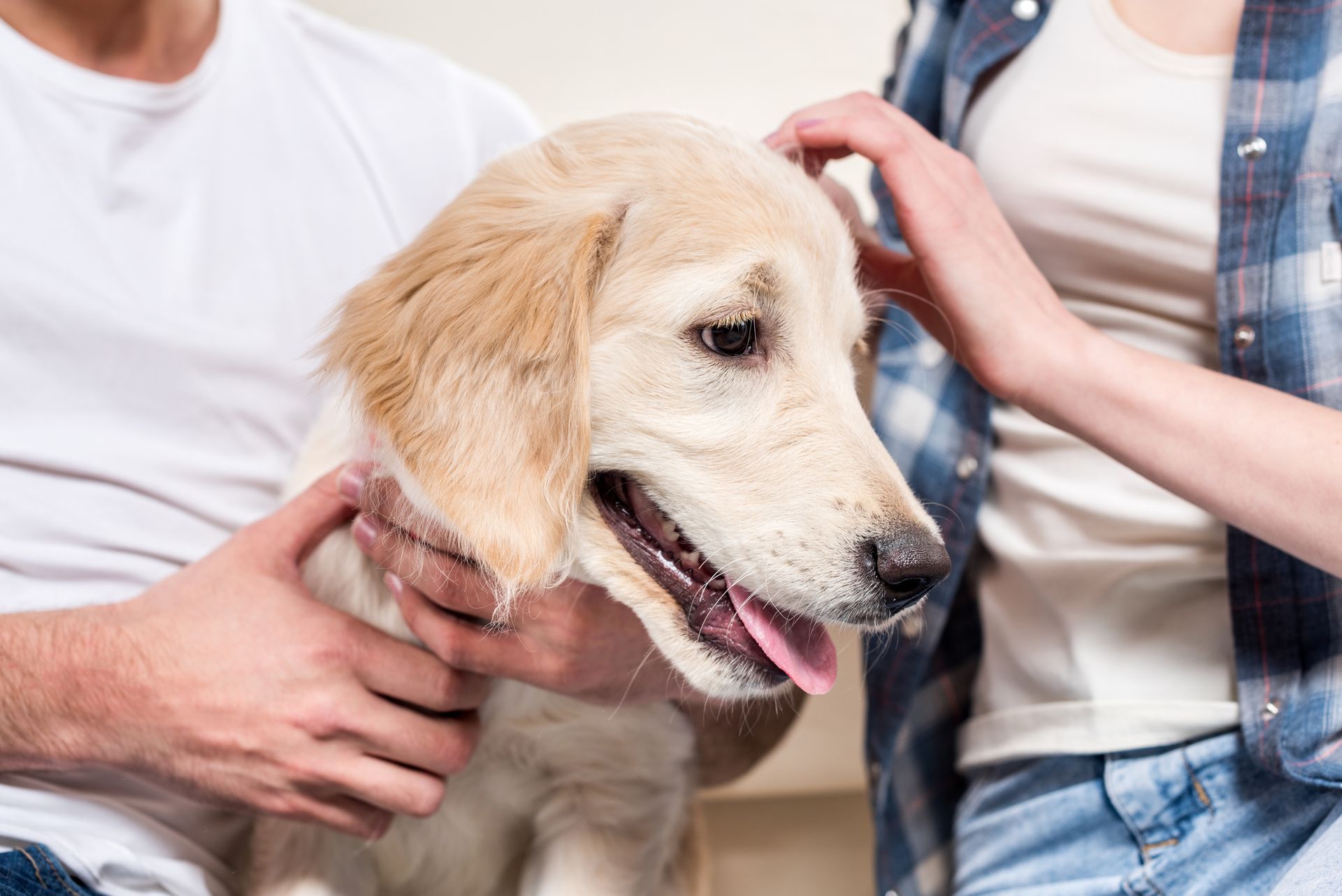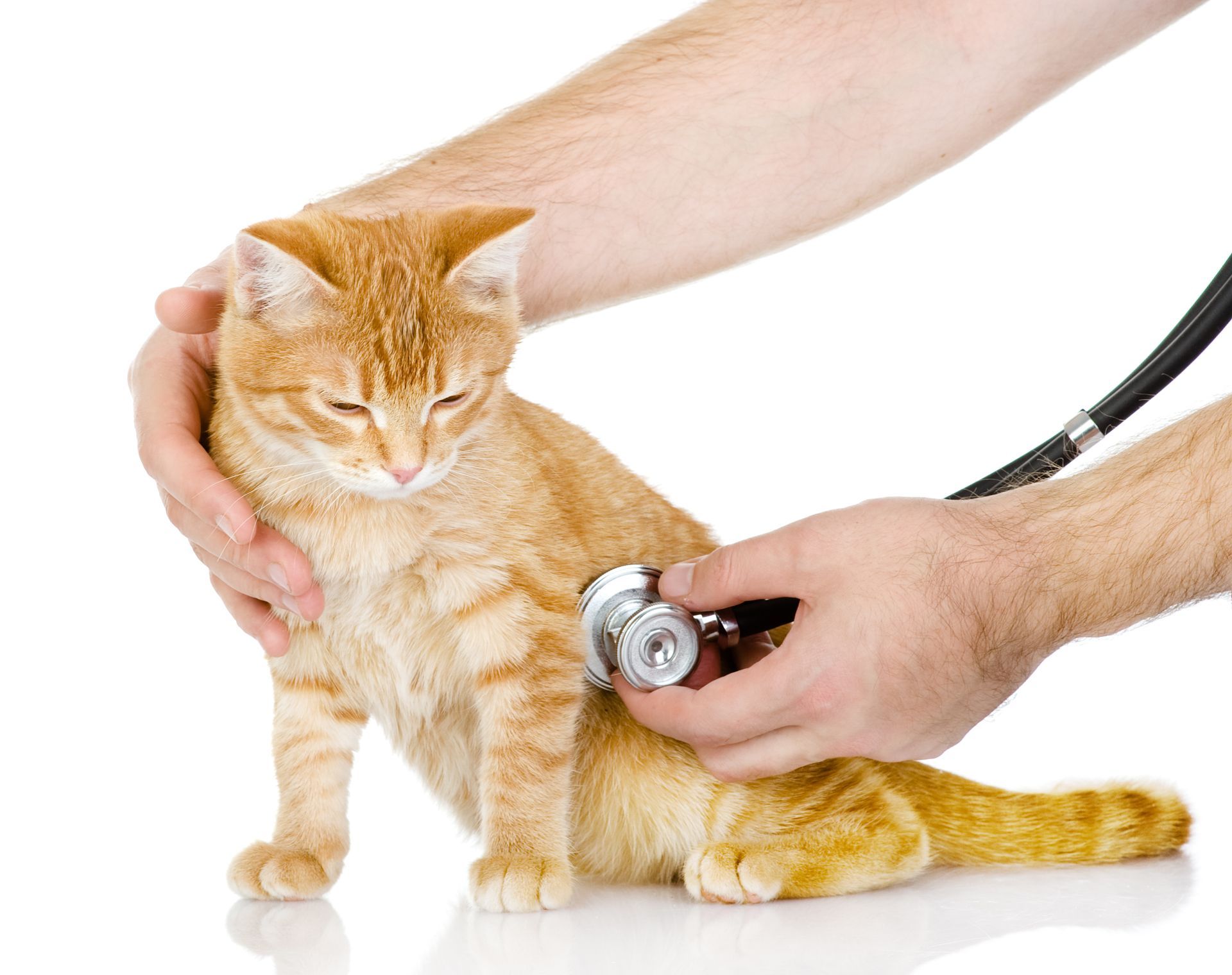Know Your Pet’s Behavior: When to Consult an Animal Hospital
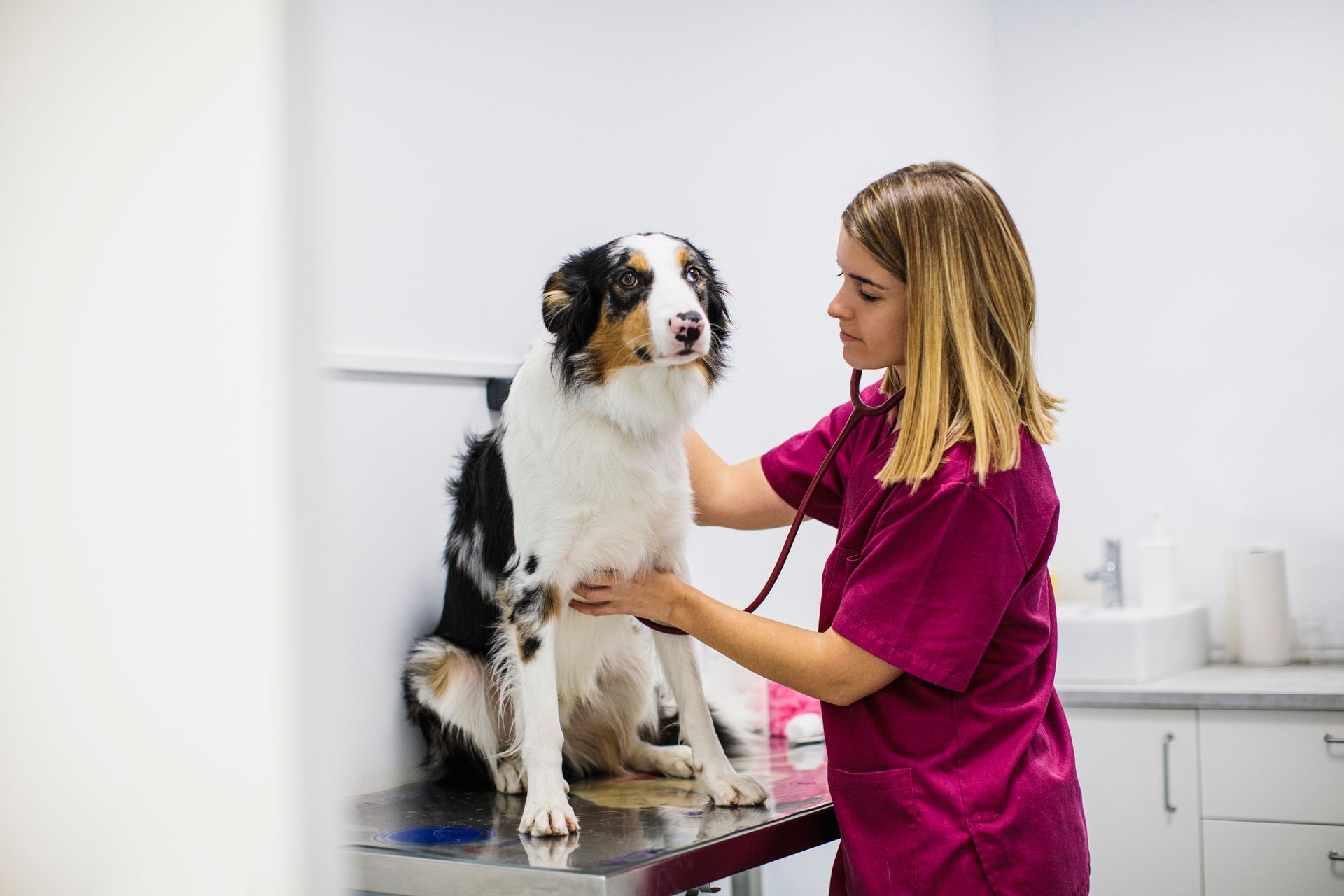
As pet owners, we understand that our pets are family members. Observing their behavior and identifying when something is amiss is crucial for their health and happiness. Angel Pet Hospital, an esteemed animal hospital in Lynnwood, WA , provides this article to help homeowners recognize when their pet’s behavior requires professional attention.
Common Behavioral Changes in Pets
When a pet starts exhibiting unusual behaviors, it can be distressing for any owner. Some common behavioral changes that might indicate an underlying issue include:
Aggression
If your normally friendly pet is showing signs of aggression towards people or other animals, this could be a signal that something isn’t right. Aggression can manifest in various ways, such as growling, biting, or snapping. These behaviors might be a response to pain, fear, or illness and should not be ignored. Promptly consulting an animal hospital in Lynnwood, WA, can help diagnose any medical conditions contributing to aggression.
Anxiety
Excessive barking, whining, or pacing may suggest anxiety. Anxiety in pets can be triggered by various factors, including separation from their owners, unfamiliar environments, or loud noises. Signs of anxiety may also include destructive behavior, such as chewing on furniture or urinating indoors. It’s essential not to dismiss these behaviors, as they might be indicative of a deeper medical problem. An animal hospital in Lynnwood, WA, can provide strategies and treatments to help reduce anxiety in your pet.
Excessive Vocalization
Pets that suddenly become more vocal than usual, without any apparent reason, may be trying to tell you they are in pain or discomfort. Excessive vocalization might include meowing, barking, or whimpering and can be a sign of distress. Other potential causes include cognitive dysfunction in older pets or underlying medical issues requiring attention from a professional animal hospital in Lynnwood, WA.
Understanding Behavioral Shifts
Pets, like humans, can experience a range of emotions and sensations. However, significant changes in behavior are often more than just a training issue. Several factors can contribute to these changes, including:
Pain or Discomfort
Animals in pain may react by becoming unusually aggressive or withdrawn. Pets may struggle to perform daily activities or shy away from touch. If your pet is limping, refusing to eat, or showing sensitivity to specific areas, they could be experiencing pain. Identifying and addressing pain early is essential for your pet’s well-being. An animal hospital in Lynnwood, WA, can conduct thorough examinations and provide pain relief options.
Illness
Sudden changes in behavior might indicate a hidden illness that needs medical attention. Conditions such as urinary tract infections, gastrointestinal issues, or neurological disorders could lead to behavioral shifts. Recognizing and treating these illnesses early can prevent further complications. Regular checkups at an animal hospital in Lynnwood, WA, can ensure that any signs of illness are promptly addressed.
Environmental Changes
Moving house, new family members, or changes in routine can cause stress and anxiety in pets. Situations such as the arrival of a new baby or a change in household dynamics can affect your pet’s behavior. Addressing these environmental stressors and providing stability can help your pet adjust. An animal hospital in Lynnwood, WA, can offer advice on managing stress and maintaining a comforting environment.
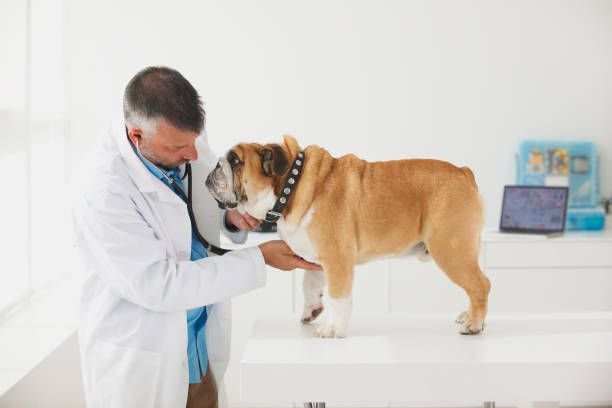
Importance of a Veterinary Examination
A professional veterinarian can provide invaluable insights into your pet’s health. During a thorough examination, they may:
Conduct Diagnostic Tests
Blood work, X-rays, or other tests can uncover medical issues that might be causing behavioral changes. Diagnostic tests can identify infections, metabolic disorders, or organ dysfunction that could be affecting your pet. These tests aid veterinarians in creating accurate treatment plans tailored to your pet’s needs.
Assess Physical Health
Physical examinations can detect pain, injuries, or infections that might be affecting your pet’s behavior. Veterinarians look for signs such as swelling, abnormal growths, or skin conditions that could be causing discomfort. Addressing physical health issues promptly can improve your pet’s quality of life.
Evaluate Mental Health
Experienced veterinarians can identify signs of mental distress and suggest appropriate treatments. Issues such as depression, anxiety, or cognitive dysfunction in older pets can impact their behavior. Mental health evaluations can lead to effective treatment options, including medication or behavioral therapy.
When to Contact an Animal Hospital
Knowing when to seek professional help is crucial. Here are some situations where consulting an animal hospital in Lynnwood, WA, is advisable:
Persistent Aggression
If your pet continues to show aggressive behavior despite attempts to manage it, seek veterinary advice immediately. Unresolved aggression can escalate and pose risks to both pets and humans. An animal hospital can identify any medical conditions driving aggression and provide appropriate treatment.
Severe Anxiety
Extreme anxiety or stress in pets can lead to health complications. Veterinary intervention can help address these issues effectively. Treatment options may include medication, behavior modification techniques, or environmental changes to reduce stress factors.
Unusual Vocalization
Consistent excessive vocalization might indicate pain or neurological issues. An animal hospital can provide a thorough examination to identify the cause. Addressing vocalization issues early can prevent further distress for your pet.
Ensure Your Pet’s Health and Happiness
Your pet’s health and behavior are interconnected. Addressing behavioral changes promptly ensures their well-being. If you’re concerned about any aspect of your pet’s behavior, consult Angel Pet Hospital, a trusted animal hospital in Lynnwood, WA. Their experienced veterinarians can provide the expertise and care needed to diagnose and treat your pet’s issues.
Take Action for Your Pet’s Well-Being
Don’t wait for behavioral issues to escalate. If you reside in Lynnwood, WA, contact Angel Pet Hospital for a professional and comprehensive veterinary examination. Ensure your pet receives the medical and behavioral support they need to live a happy and healthy life.


